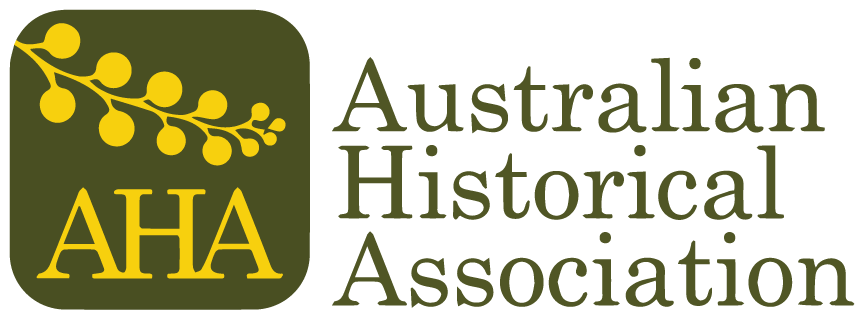Abstract
The triangle ‘environment–history–law’ suggests a wealth of opportunities for productive transdisciplinary scholarship: Historical analysis of environmental law, environmental histories of legal change, legal histories of the environment, etc. Yet such transdisciplinary projects have to date been tentative and largely tangential to the thriving fields of environmental history, legal history, and environmental law. Legal history, while having moved beyond its previously narrow focus on legal doctrine to embrace wider contexts of society, economy, and culture, has to date remained largely indifferent to environmental issues or to the environment as a category of analysis. The field of environmental law, so salient in pressing issues such as climate change and biodiversity conservation, tends to see itself as brand new, overlooking centuries of environmental laws. And while environmental histories frequently reference legal issues and institutions, from common property to rights of nature, they are often insensitive to the legal context in which these institutions operate.
The first session will showcase new environmental-legal-historical research that demonstrates both the opportunities and challenges inherent in this meeting of disciplines. The following, roundtable session will bring together scholars working across the boundaries of environment, history, and law, in order to discuss the challenges facing this intersection of disciplines, from institutional obstacles to the difficulty in meshing historical and normative analysis. With the participation of the audience, it will seek to identify strategies, theories, and methods that might help in overcoming these challenges. Panelists will be drawn from a variety of disciplines, regions, and methodological approaches.
Proposals due 18 September 2023 via this link.
